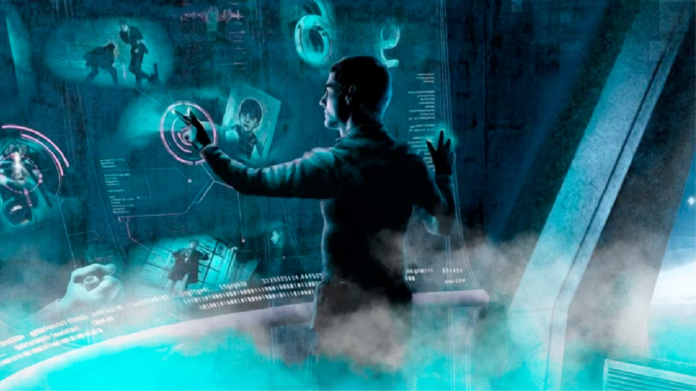
The movie Minority Report is a cautionary tale relative to the current technology emerging:
Minority Report opened two decades ago, but its foundations remain contemporary. The extreme surveillance society portrayed in 2054 has a lot of similarities with modern-day’s.
When Chief of Police John Anderton (Tom Cruise) sees himself committing a crime in the future, he runs, only to discover that he’s getting framed. Cruise then becomes the face of the everyday man, which highlights system’s flaws and the corruption it may provoke. This prediction policy ties directly to contemporary machine learning, which allows organizations to collect existing innocuous data through technology to predict powerful insights about certain individuals.
“The Internet is watching us now. If they want to, they can see what sites you visit,” said Spielberg in an interview at the time Minority Report opened. “In the future, television will be watching us, and customizing itself to what it knows about us.”
In Minority Report, Anderton passes a row of digital ads catered specifically to him, even shouting his name. Later in the movie, he enters a Gap store where a holographic store greeter inquires about shoppers’ previous purchases. “The thrilling thing is, that will make us feel we’re part of the medium,” continued Spielberg. “The scary thing is, we’ll lose our right to privacy.”
It’s challenging to draw a line as to which technology gets created without a catch. As Spielberg said, everyone wants to be part of what’s new, even if silently, which means accepting losing privacy. Data generated by machine learning should get handled with care, but one cannot stop the fast pace at which the world evolves, particularly with technology.
Society may still be quite far from 2054, but the movie serves as a cautionary tale to watch out for unethical practices that may derive from an ever-evolving technological world. (Lopes, 2022)
The article references a scene where Tom Cruise’s character is framed by a system that’s intended to protect him. It compares this to machine learning, and how the insights technology can form around us may become unethical. I see their logic, and question how much data should really predict our actions. It may not go to the extent of the movie, framing us for murder, but in terms of banking, insights around our finances will be very impactful.
A specific example in Minority Report that reflects a negative insight that aligns more with banking is a personalized ad that shouts the character’s name. This reminded me of a dark pattern I read up on called “confirmshaming,” or using manipulative language to evoke emotion. With this being seen in businesses today and reflected in a movie about the future, what can be done to change the momentum?
Similar to the ad, a holographic store greeter remembers shoppers’ previous purchases. These examples ask the question: what does technology do to privacy? As the people inventing this technology, at what point do we accept losing this right, for ourselves? For others?
References
Lopes, C. (2022, June 21). Minority Report Predicted the Future We Are Already Living In. Valnet Publishing Group. https://www.cbr.com/minority-report-future-predictions-right/



